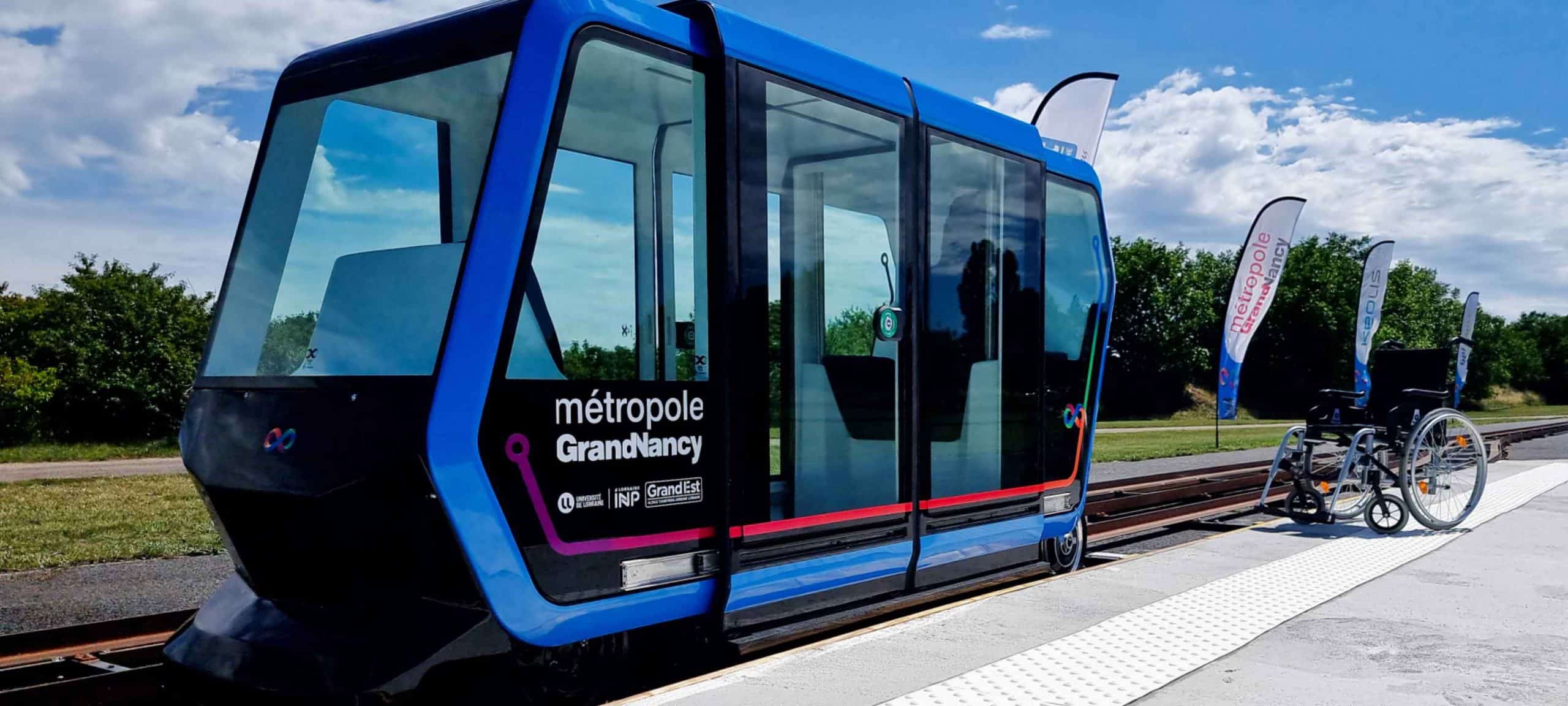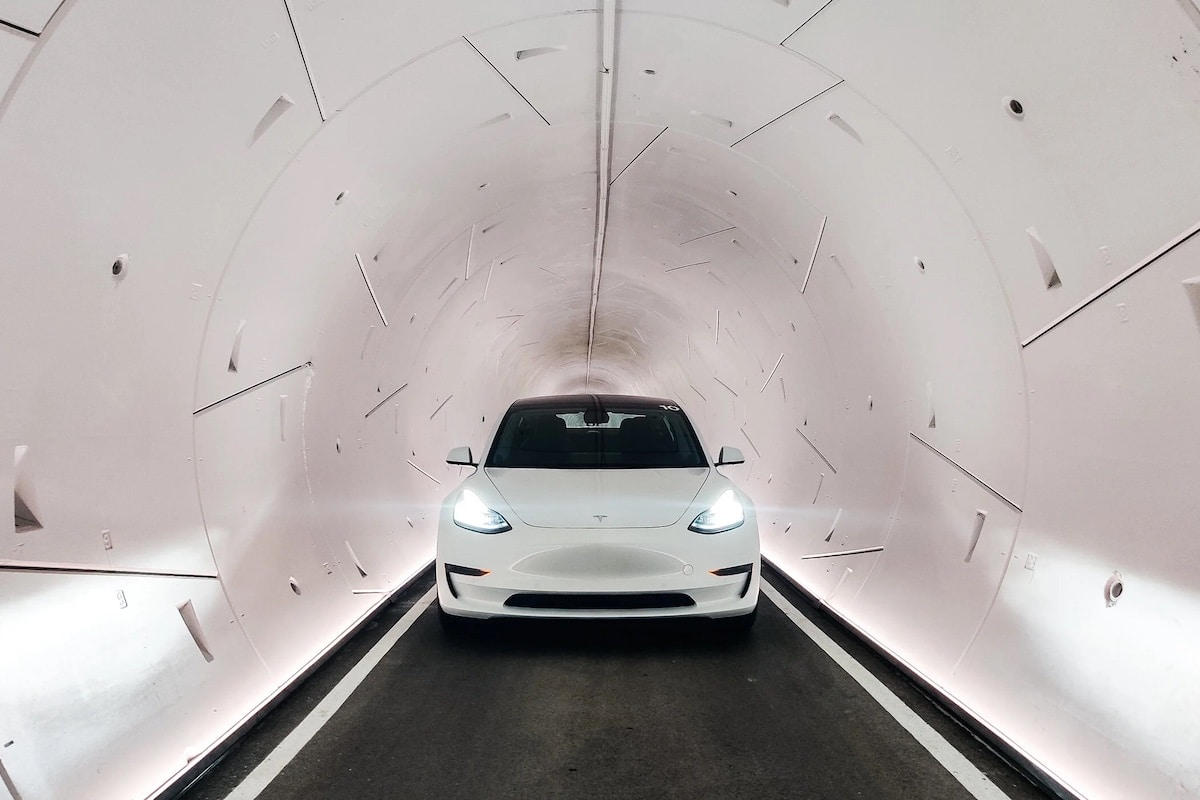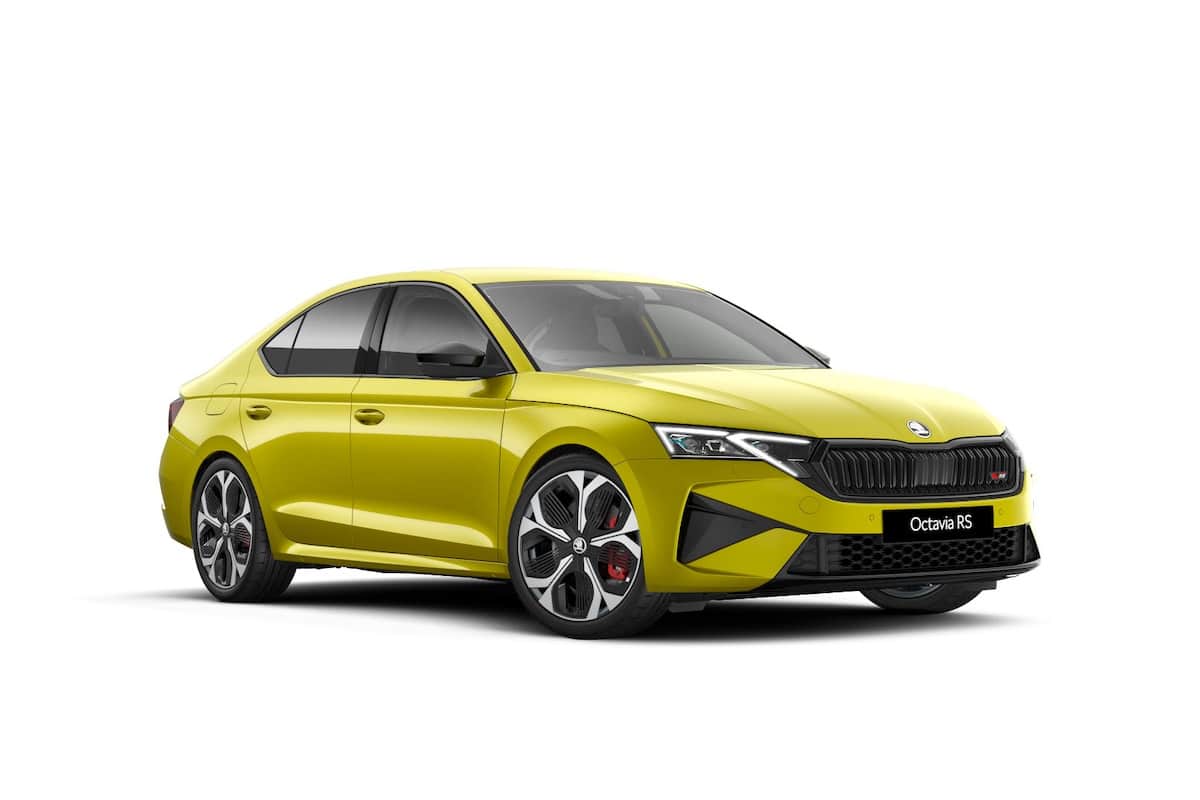Urbanloop: The Autonomous Rail Shuttle Coming from Nancy

Between the autonomous shuttle and the light rail, Nancy is innovating with the Urbanloop, a rail-based solution that is cheaper and less polluting than a metro or tram.
While SNCF is working on light rail in the medium term, Nancy has been developing its own mobility solution between traditional trains and shuttles. Since 2017, students and researchers from the University of Lorraine, in partnership with the Grand Est region or Keolis, have been developing autonomous capsules. This is the Urbanloop project, which became an independent company in 2019.

Innovations and Minimal Carbon Footprint
Initially designed for a single person, the early prototypes were low and close to the ground, offering a unique form of individual mobility. Since then, they have evolved into multi-passenger shuttles, more resembling a minibus or a small tram. These Urbanloop capsules can reach 50 km/h on small rail tracks, driverless, accommodating 1,000 travelers per hour. They incorporate several innovations: passive switches, AI for managing flows, low power consumption of 0.047 kWh/km at very low voltage, and more.
The cost is expected to be lower compared to a tram or metro. It would be between 1 and 10 million euros per km, compared to 30 and 100 million euros for other public transports. It is also more eco-friendly, as Urbanloop estimates emissions of 1.3 g/km of CO2, which is 60% less than a metro, 80 times less than a diesel bus, and 124 times less than a thermal car.
Finally, bypass stations allow for smooth traffic flow, with two tracks. At the start, travelers choose their stationary capsule at the station. Those who do not wish to stop at the next stations continue on their route, while others depart onto the station track to pick up or drop off passengers, freeing the station track for others.
When will Urbanloop be launched?
Urbanloop hopes to be demonstrated in Paris during the 2024 Olympic Games, with the first service opening in Nancy in 2026.
This page is translated from the original post "Urbanloop : la navette sur rails autonome venue de Nancy" in French.
We also suggestthese articles:
Also read





